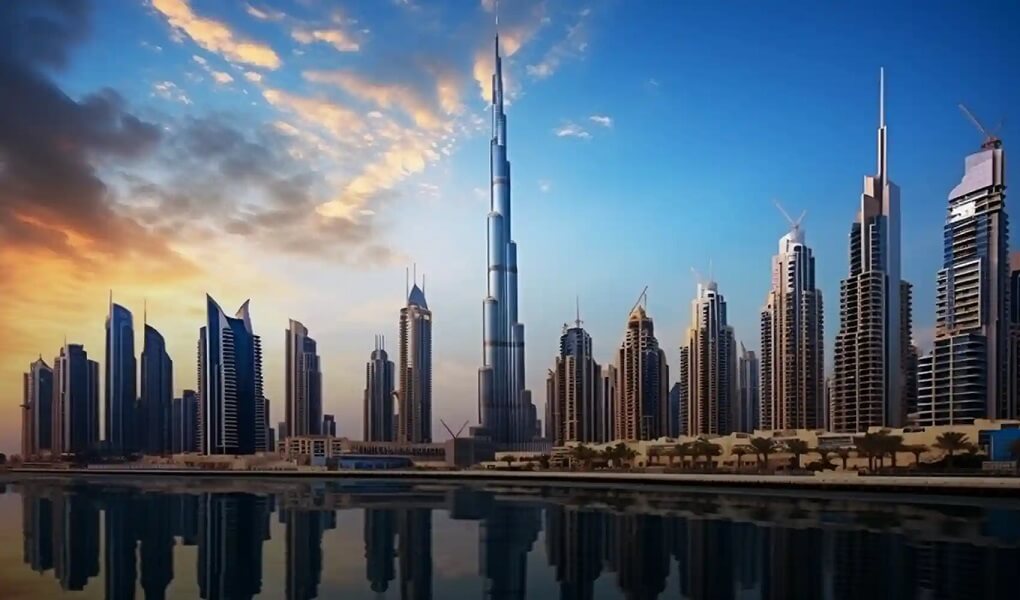Beaches are one of the most popular tourist destinations that playa cerca de mi in the USA, drawing millions of visitors each year with their sun, sand, and surf. However, the future of beach tourism is uncertain due to the impact of climate change and other environmental stresses. To ensure the long-term sustainability of beach tourism, we must embrace new technologies and sustainable management practices. In this article, we will explore how technology and sustainability are shaping the way we experience and protect our coastal destinations.
Climate Change Resilience
Climate change is one of the greatest threats to coastal destinations, as rising sea levels and more frequent and severe storms can cause erosion, flooding, and damage to infrastructure. Advances in technology, such as coastal modeling and forecasting tools, are helping beach managers prepare for and respond to these threats. For example, coastal modeling can help predict how sea level rise will affect the beach and surrounding areas, while forecasting tools can help managers make decisions about beach closures and emergency response.
Sustainable Infrastructure
Sustainable infrastructure is essential for protecting beaches and coastal destinations from environmental stresses while providing the necessary infrastructure for tourism. Advances in technology, such as green building practices and renewable energy, are making it easier to build and maintain sustainable infrastructure in coastal areas. For example, green building practices can reduce the environmental impact of buildings while improving their resilience to climate change, while renewable energy can help power beach facilities and reduce reliance on fossil fuels.
Water Conservation and Quality
Water conservation and quality are critical for the health of beach ecosystems and the well-being of beach visitors. Advances in technology, such as smart irrigation systems and water treatment technologies, are helping beach managers conserve water and maintain water quality. For example, smart irrigation systems can adjust watering schedules based on weather conditions and soil moisture levels, while water treatment technologies can help remove pollutants and harmful bacteria from beach water.
As many platform gives information about playa cerca de mi but you can also get all information about this on techstarlink.com.
Sustainable Transportation
Sustainable transportation is essential for reducing the environmental impact of beach tourism while improving the visitor experience. Advances in technology, such as electric vehicles and bike-sharing programs, are making it easier for visitors to get around coastal destinations without relying on cars. For example, electric vehicle charging stations can provide visitors with a convenient and sustainable way to charge their vehicles, while bike-sharing programs can reduce traffic congestion and improve air quality.
Community Engagement
Community engagement is critical for building support for sustainable beach tourism and protecting the health of beach ecosystems. Advances in technology, such as social media and online engagement platforms, are changing the way beach managers engage with local communities and visitors. For example, social media can help promote sustainable beach practices and build community support for conservation efforts, while online engagement platforms can provide a forum for stakeholders to share their ideas and feedback on beach management issues.
In conclusion, the future of beach tourism in the USA depends on how we adapt to new challenges and embrace new technologies and sustainable management practices. By leveraging these tools and techniques, we can ensure that our coastal destinations remain healthy and vibrant for generations to come, while also providing visitors with a safe and enjoyable experience.





















